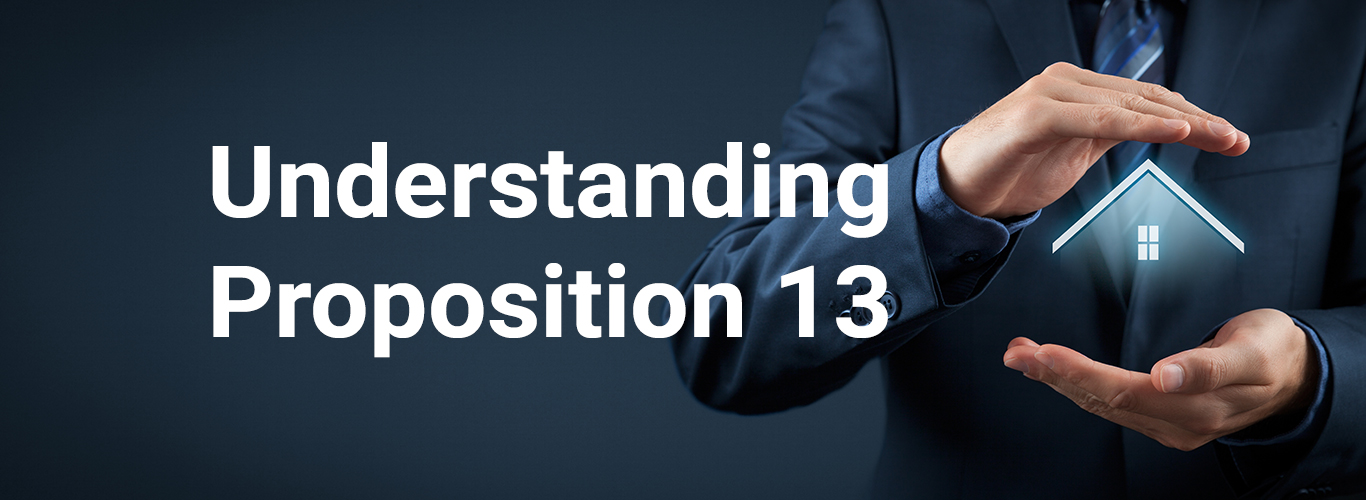Key things for the new homeowner to know:
- Don't forget the Preliminary Change of Ownership Report (PCOR) form

State law requires new homeowners and the buyers of real property to file a Preliminary Change of Ownership Report with the County Recorder's Office at the time of recording the purchase. Typically, it is completed during escrow and accompanies the deed when recorded. Information which the buyer furnishes on this form assists the Assessor to determine whether there is a change in ownership; and if so, the fair market value of the property. Claim forms are available to view and/or print by ![]() clicking here. They are also available by calling or writing the Assessor's Office. Please note, checking the boxes relating to Propositions 58, 60 or 90 does not satisfy eligibility. To learn more about these programs see the related links below or contact the Assessor's Office.
clicking here. They are also available by calling or writing the Assessor's Office. Please note, checking the boxes relating to Propositions 58, 60 or 90 does not satisfy eligibility. To learn more about these programs see the related links below or contact the Assessor's Office.
- New homeowners receive two types of tax bills, a regular annual tax bill and a supplemental tax bill.
Homeowners expect an annual tax bill but the greatest source of frustration for new, first time home buyers is often the supplemental property tax. Many new property owners complain that they were not advised of the total property tax bill during closing. Be prepared to receive these two types of bills. The annual tax bills are paid in two installments that become delinquent if not paid by December 10 and April 10. Supplemental tax bills are typically paid in two instalments as well. The due and delinquency dates will be printed on the bills. While the assessment and ensuing property taxes cannot be eliminated, the surprise can be by knowing what to expect.
- New property owners can expect to receive an assessment and associated supplemental notice approximately six months after their purchase is recorded.
After sales are recorded, the information is transmitted to the Assessor and is processed to become part of the workload of the appraisal staff. Historically it has taken an average of six months from the date of recordation for the Assessor to complete the appraisal and to notify the homeowner of new assessed values. It must be noted that this is just an average and the actual time may vary greatly up to the statutory limitation of four years to complete the process.
- Supplemental tax bills are not paid by lender.
New Homeowners often expect the impound accounts established with their lenders to satisfy their supplemental tax obligations. In most cases impound accounts are not intended to satisfy supplemental taxes. Please contact your lender, or loan servicing entity to understand the terms of your impound account.
- Assessed values can be reviewed and changed.
The supplemental notice, roll correction notice and the annual Notification of Assessed Value are all provided to property owners as a means to review assessments and serve to open time periods for informal review requests and formal applications for changed assessment. Property owners should carefully review the notices and contact the Assessor’s staff with questions or concerns within the periods explained in the notices.
Related Forms:
Related Links:
Understanding Your Property Tax Bill and Where the Money Goes



